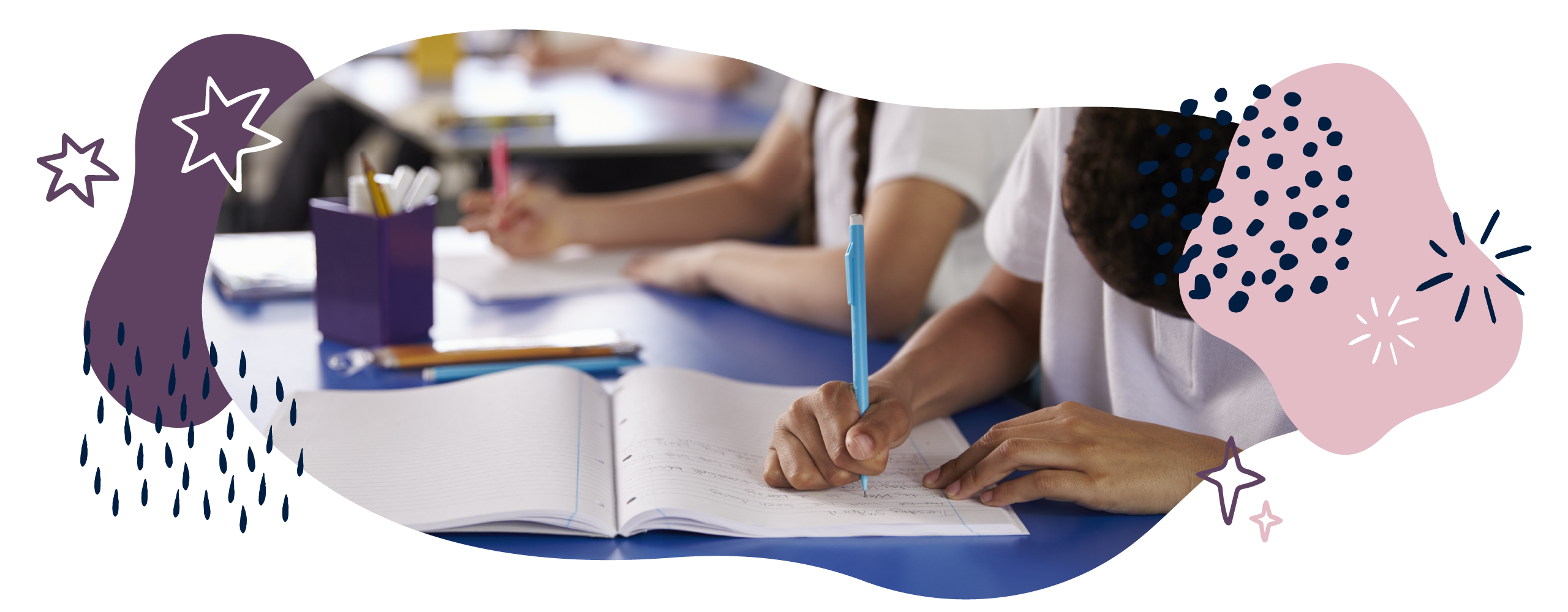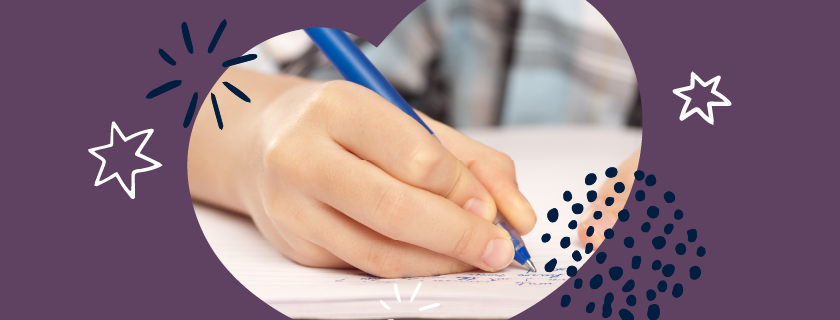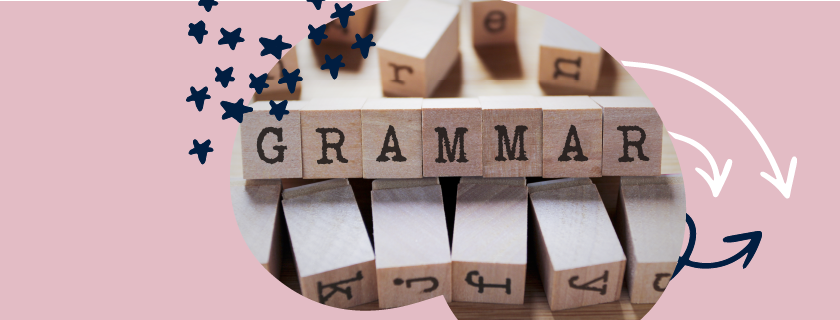What to expect in Year 4
Your child is now in Year 4 and this can be a year in which teachers nurture and encourage the feelings of independent thinking, learning and decision making. So just what can you expect?
What will my child do in Year 4?
1. The wider curriculum
In Year 4, there are some great science topics that children love, such as food chains, sound, electricity, and gases. Fun and engaging history and geography topics are also taught in Year 4. It will vary slightly from school to school, but expect them to learn all about the Stone Age, the Romans, and the Anglo-Saxons at some point. These are subjects that fire the imagination and that children remember.
2. Maths and English
In maths and English, the teachers will be aiming to ensure that your Year 4 child knows and understands particular key skills. Apostrophes, commas, times tables, and key spellings are just some of the things children in Year 4 are expected to use accurately. Furthermore, this will be the year that your child will undertake an assessment in their times tables – you will be able to find more information about this here.
3. Becoming confident and independent in learning
Overall, perhaps the single most important aspect of this year is children’s increasing independence and confidence in what they can achieve at school. Your child will be encouraged to start to think about their own learning. They need to make decisions on how to present work, how and when to complete homework, and how to learn best.
Children often ask questions and their teacher will encourage them to think for themselves too. Could they answer the question themselves? Can they make that choice? If they can, then they are learning skills which are vital for Year 5, Year 6, and adult life. That is how their learning changes from the beginning to the end of the year!
How can I help my child in Year 4?
1. Carry on reading together
For English, the single most important thing that you can do, is to hear your child read. Good readers make good writers because they are exposed to a greater variety of vocabulary, syntax, grammar and style.
When you listen to your child read, there are a number of things to remember:
- Make it fun! Use silly voices and read to each other as well as just listening.
- Ask questions about the text, the characters, the plot, the setting, the style of writing, and the words. Anything to get them to think about what they are reading and to consider the deeper messages hidden in the subtext.
- Read a wide range of writing – from comics to newspapers, novels to magazines and even your child’s own writing.
- Look up individual words in a dictionary or thesaurus together to find out what they mean.
- Be a good role model for reading. This is the perfect excuse to curl up on the sofa, forget the chores, and read a good book yourself.
Of course, children in Year 4 are perfectly capable of reading to themselves as well, and independent reading – and writing – must also be encouraged. However, it is important that those comprehension skills are regularly checked and reading aloud is perfect for that.
There are lots of free eBooks in the eBook library — a quick and easy way to expose children to different books without spending a lot of money.
2. Learn times tables
In maths, there is an expectation that by the end of Year 4 all times tables are known and learnt fluently. Anything you can do to help that knowledge go in and stay in is fantastic.
- Practise regularly, making sure to go back and repeat tables you have practised before.
- Sing tables in the car, at mealtimes, before bed and at any spare moment!
- Put a poster at the end of their bed or give your child tapes to listen to in the car.
Useful resources on Oxford Owl
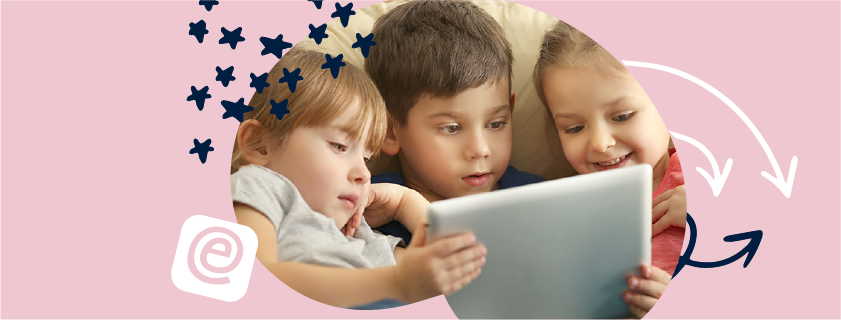
Free eBook library
Find a huge selection of free ebooks to encourage your child to read and support their reading journey in our library.
Take a look >
Spelling activities
Find spelling activities to do with your child at home to support their learning progress.
Grammar activities
Find grammar activities to do with your child at home to support their learning efforts.
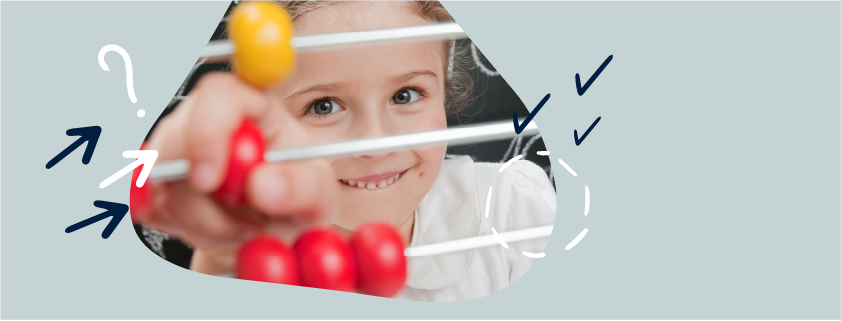
Make learning times tables fun
Find our best tips for helping your child learn their times tables and how to make that process fun.

Grammar & literacy glossary
Get to know what your child is learning at school with our guide to common terms and phrases used in schools.
Take a look >
National Curriculum for England, Scotland, and Wales
All information on Oxford Owl for Home is aligned with the National Curriculum for England. Much of this information is also relevant for children in Scotland and Wales.
